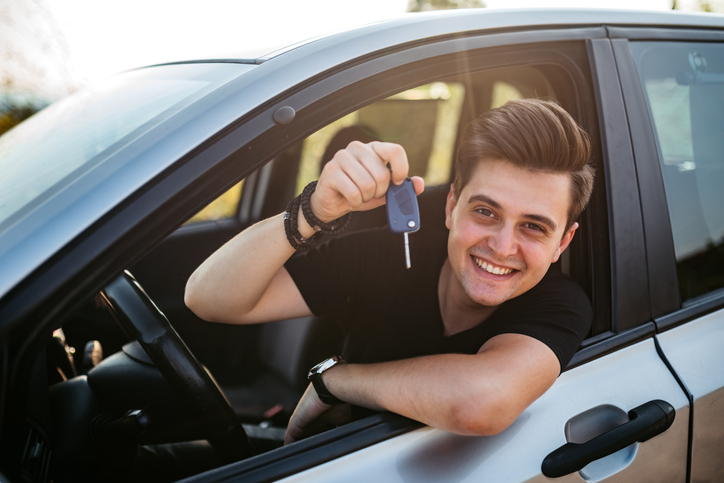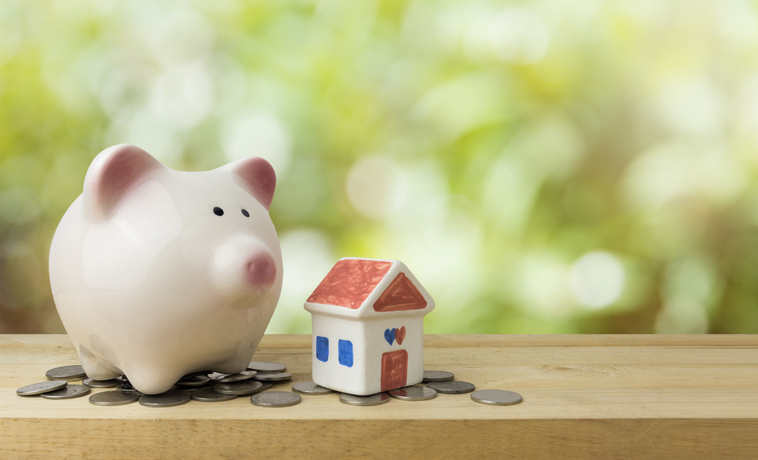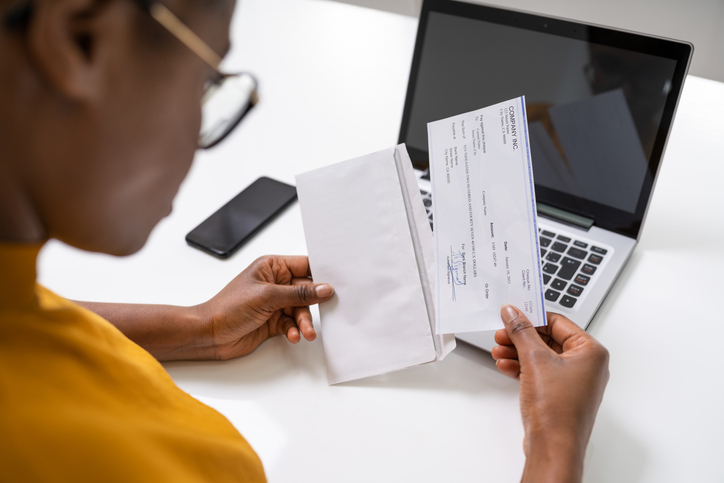My credit card helped saved my life. (I’m being dramatic.)
For thanksgiving, my sophomore year of college, my friend Dustin and I went to Virginia. We were visiting some friends that had recently moved out there. The drive there went smoothly, and we had a great time with our friends. At the time, I did keep thinking that I was spending too much money on the trip, but I thought it wasn’t a big deal and that I’d be fine.
It wasn’t until we were driving back home that everything started to go wrong. We were driving when a loud POP horrified us. The engine began to smoke. We pulled over and immediately called roadside assistance.
To summarize, right after our vacation, I now had a car with a hole in the engine. Stranded in what I would later learn was Orangeburg, South Carolina. I felt like I was in “Get Out.”
When the tow truck arrived, I let my friend do all the talking because he is a people person. We got the car towed to the closest dealership. The tow cost about $500. Of course, they couldn’t fix the car right away, so we set out to find a hotel that would rent a room to two 19-year-old guys. It was a lot harder than it sounded. We tried 4 or 5 different hotels before someone showed some compassion. The hotel room was about $120 for the night.
For those of you doing math, we’re now at $620 (plus tax).
The next day, we stuffed ourselves with the hotel’s free, continental breakfast. We then took a super sketchy Uber to Columbia, South Carolina. That cost about $60. (Running total: $660)
In Columbia, we went to the train station and bought the first ticket to take us home. The tickets together cost another $200. It left at 9 pm, so we had all day to kill. Between lunch, dinner, and the cups of coffee we bought at Starbucks so we could use their wifi, we spent another $60.
In total, this incident cost an unplanned $940 that we most definitely didn’t have—all of these expenses we put on credit cards and paid off later in the month. Credit cards have their uses and can be a life-saver if you use them right.
(Check out the Commandments for Credit for more on using credit cards the right way.)
Credit cards: you love them and hate them. Life becomes more comfortable with them, and without them, you can’t buy any of the grown-up stuff. Have a dream of buying a car or maybe even a house? Well, you need good credit, but what does “having good credit” even mean? Let’s start with the basics.
Basics
Credit cards are essential to life whether you like them or not. Especially if you have aspirations of buying a car or a home. But when you sign up for credit cards, you get bombarded with different deals about cashback and reward deals. The million-dollar question is, what’s the best card? And when you do sign up for a card. What does APR mean?
- Unsecured Cards – These are the usual type of credit cards. Use them, pay off the bill at the end of the month, rinse, and repeat.
- Secured Cards – These need collateral. So the limit of this card is dependent upon how much money you put up at the beginning. You load these like a gift card. If you put $400 up, then your limit is $400. And if you don’t pay the bill, then it gets taken out of the collateral. This option is usually for people with no credit or bad credit.
The biggest thing you should consider when looking at cards is what the APR is going to be. APR stands for Annual Percentage Rate, which is just a fancy way of saying “interest rate.” The lower the APR, the better, but there are two types of APR that I’ll define for you:
- Fixed APR – This means that your APR won’t generally change. It can still change, but the company that issued the card will contact you first.
- Variable APR – This means that your APR can change depending on the index interest rate that is usually published. So your APR is based on what someone else thinks the prime rate should be.
Now, you have to compare all the different deals. What rewards will you benefit from the most? Do you like to travel? Then, consider going with the card that will give you airline points. Want flexibility in your rewards? Get a card that will give you cashback. Then you can get real dollars for anything you want, or use it towards paying your bill.
Sit down, do the research, and find out which card suits you best. Make sure you know what you are getting yourself into when signing up for one. Read the fine print. Yeah, I know it can be tedious, but it’s better than getting surprised with random fees. And please, for the love of all that is good, make sure you pay your bill on time, every month.




